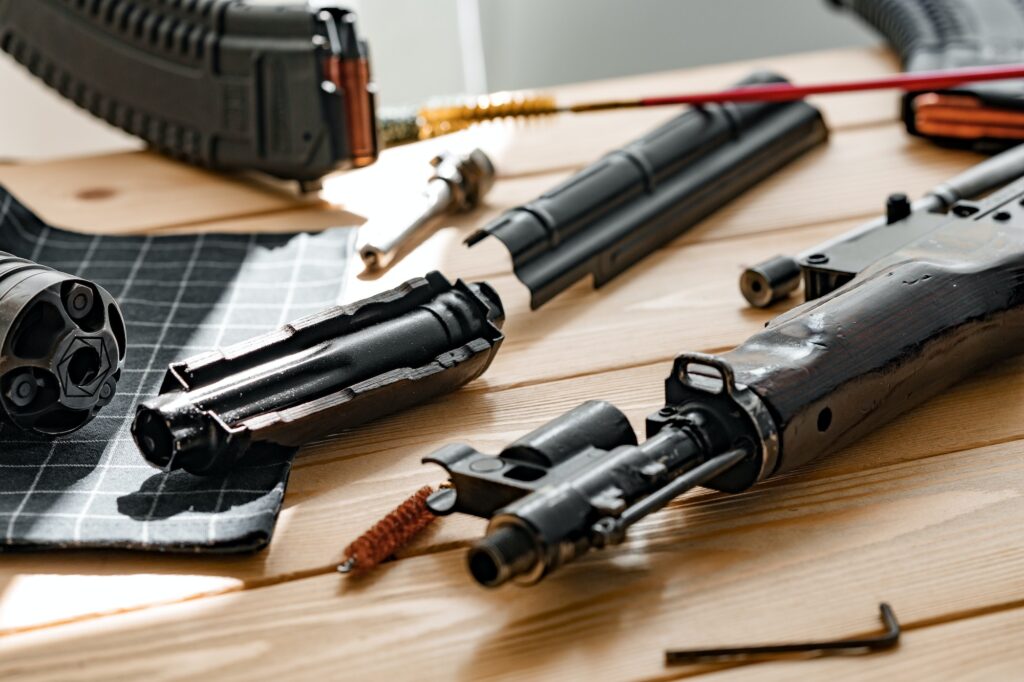
What Are Class-III Firearms?
These are specific types of weapons like fully automatic firearms, suppressors, and short-barrel rifles and shotguns. Other firearms and explosives might be included but are less common.
Why Use a Gun Trust?
If you collect these firearms for recreational use and you’re not a licensed dealer (FFL), a Gun Trust is the best way to own them. Keep reading to learn why!
It might be cheaper, but it’s risky. Gun Trusts have many legal requirements. Mistakes can lead to serious problems like criminal violations and seizure of your firearms by the government. Professional assistance is worth the cost.
Yes, you can include any firearms in a Gun Trust, although it’s usually used specifically for Class-III firearms.
No, owning the firearms in a trust doesn’t reduce any legal responsibility you may have for using them.
Yes, but you must follow the same federal and state laws as usual.
No, if the law changes, owning the firearms in a trust rather than personally likely won’t make a difference.


A Gun Trust is a legal tool that allows you to own, manage, and pass on certain firearms more easily. It’s a complex area of law, so if you’re considering this route, it’s wise to consult with a professional at Peabody Law Firm. We understand the specific legal requirements.
Peabody Law Firm, PLLC focuses in Estate Planning, Probate and Business Services.